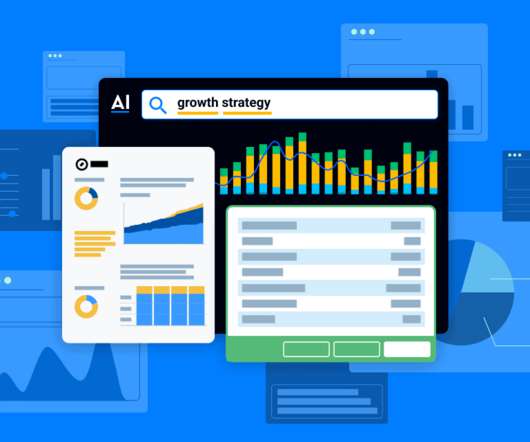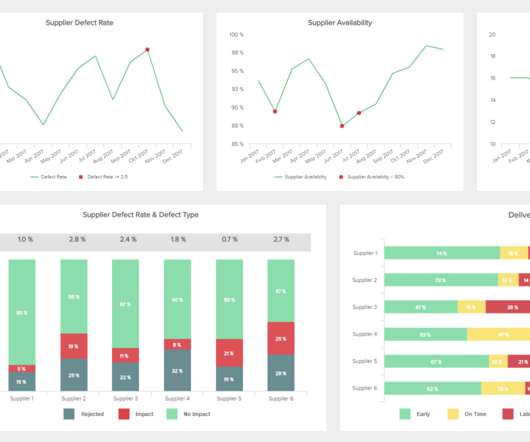What is data analytics? Analyzing and managing data for decisions
CIO
JUNE 7, 2022
Data analytics is a discipline focused on extracting insights from data. It comprises the processes, tools and techniques of data analysis and management, including the collection, organization, and storage of data. What are the four types of data analytics? It is frequently used for risk analysis.













Let's personalize your content